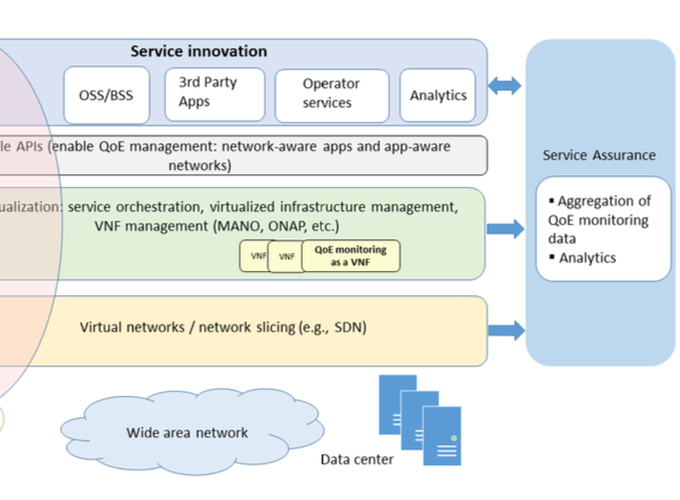A Survey of Emerging Concepts and Challenges for QoE Management of Multimedia Services

A Survey of Emerging Concepts and Challenges for QoE Management of Multimedia Services
Abstract
Quality of Experience (QoE) has received much attention over the past years and has become a prominent issue for delivering services and applications. A significant amount of research has been devoted to understanding, measuring, and modelling QoE for a variety of media services. The next logical step is to actively exploit that accumulated knowledge to improve and manage the quality of multimedia services, while at the same time ensuring efficient and cost-effective network operations. Moreover, with many different players involved in the end-to-end service delivery chain, identifying the root causes of QoE impairments and finding effective solutions for meeting the end users’ requirements and expectations in terms of service quality is a challenging and complex problem. In this paper we survey state-of-the-art findings and present emerging concepts and challenges related to managing QoE for networked multimedia services. Going beyond a number of previously published survey papers addressing the topic of QoE management, we address QoE management in the context of ongoing developments, such as the move to softwarized networks, the exploitation of big data analytics and machine learning, and the steady rise of new and immersive services (e.g., augmented and virtual reality). We address the implications of such paradigm shifts in terms of new approaches in QoE modeling, and the need for novel QoE monitoring and management infrastructures.